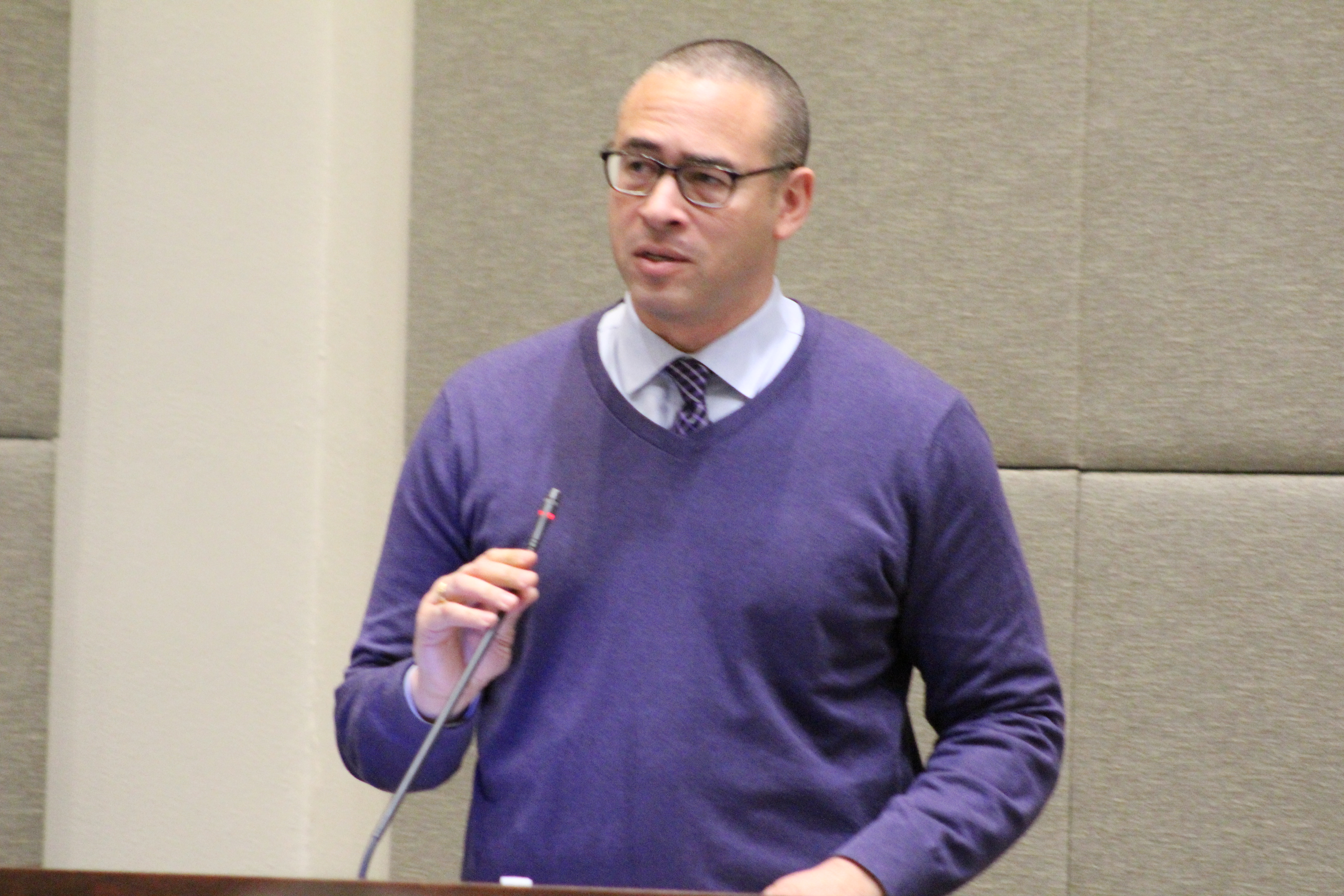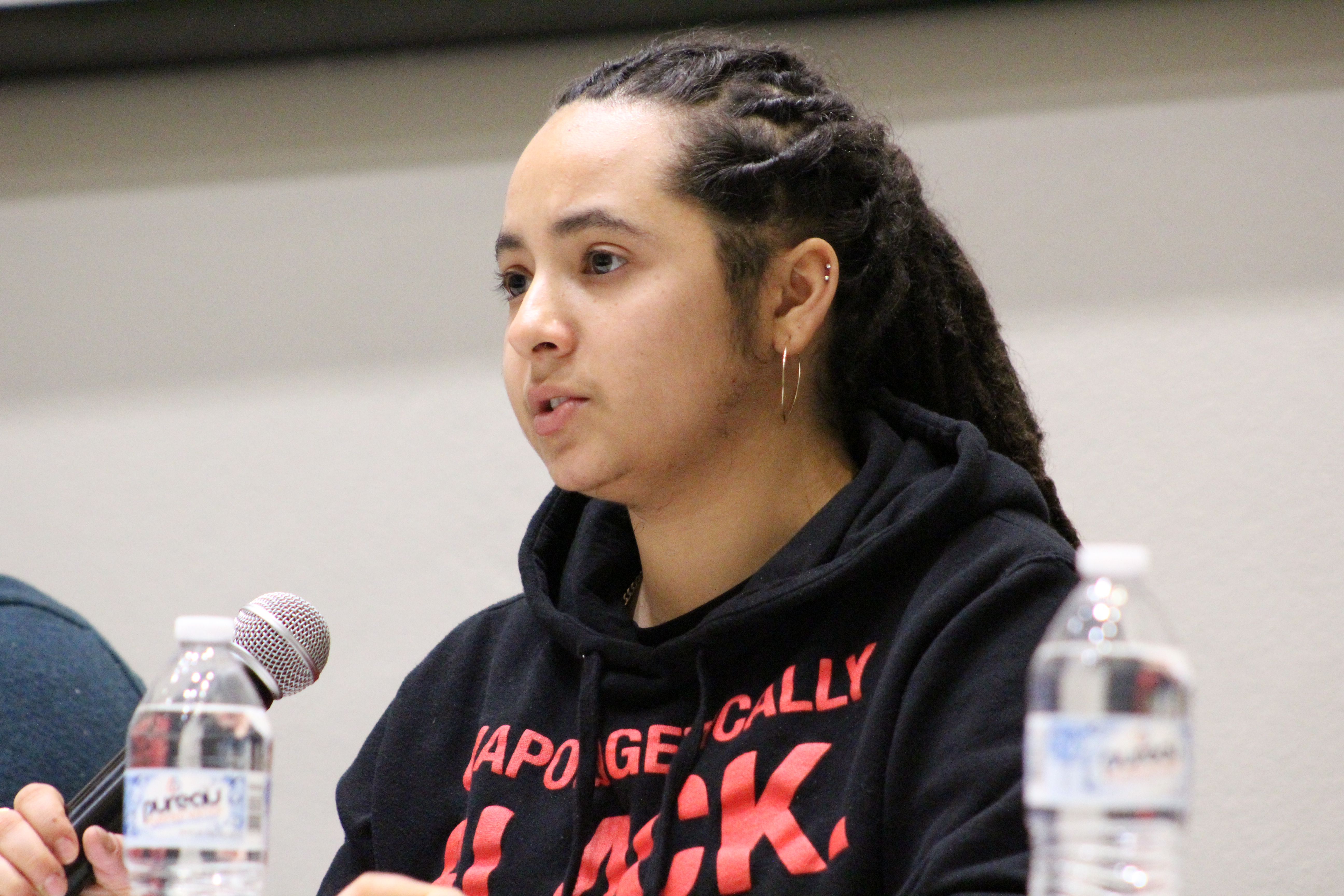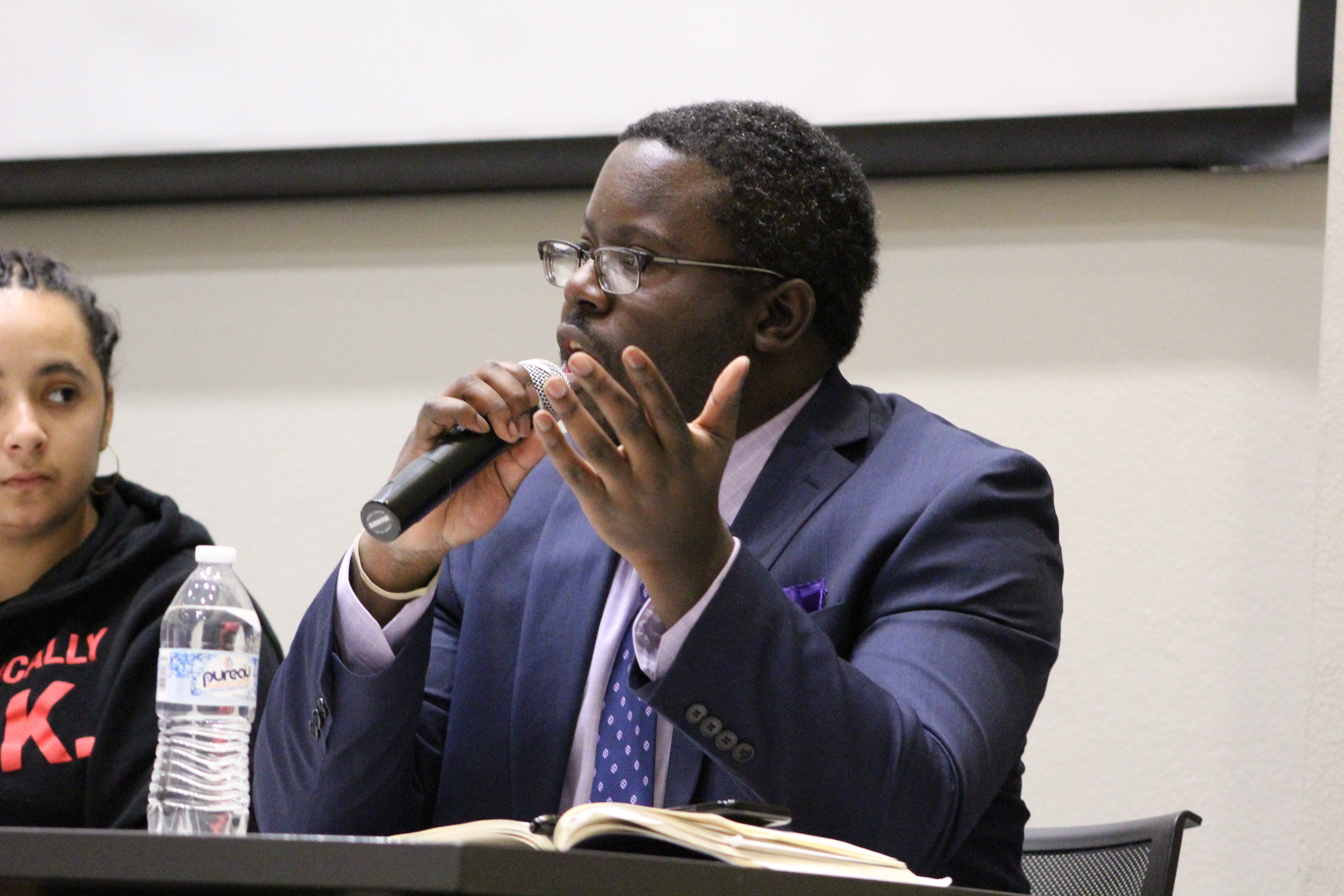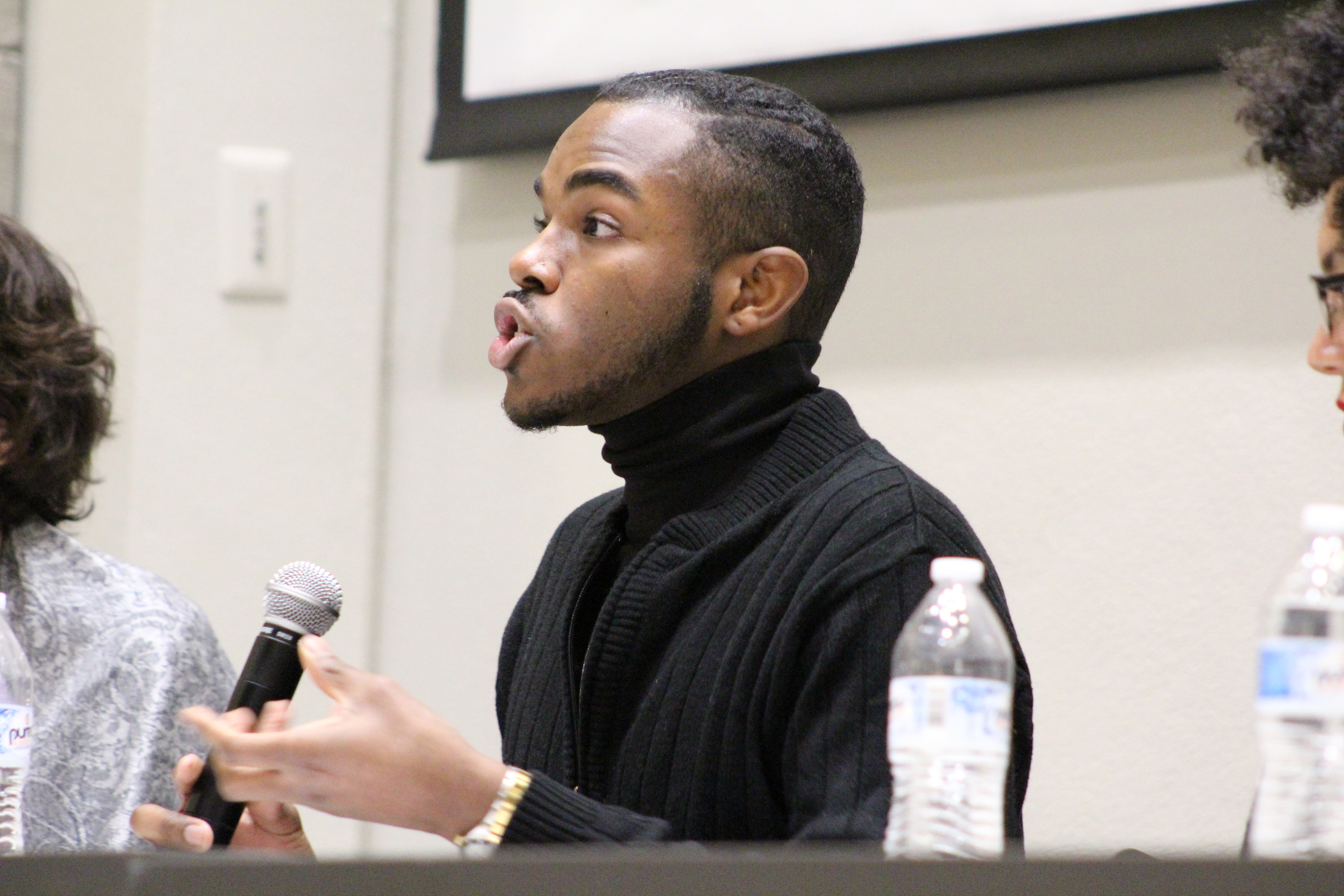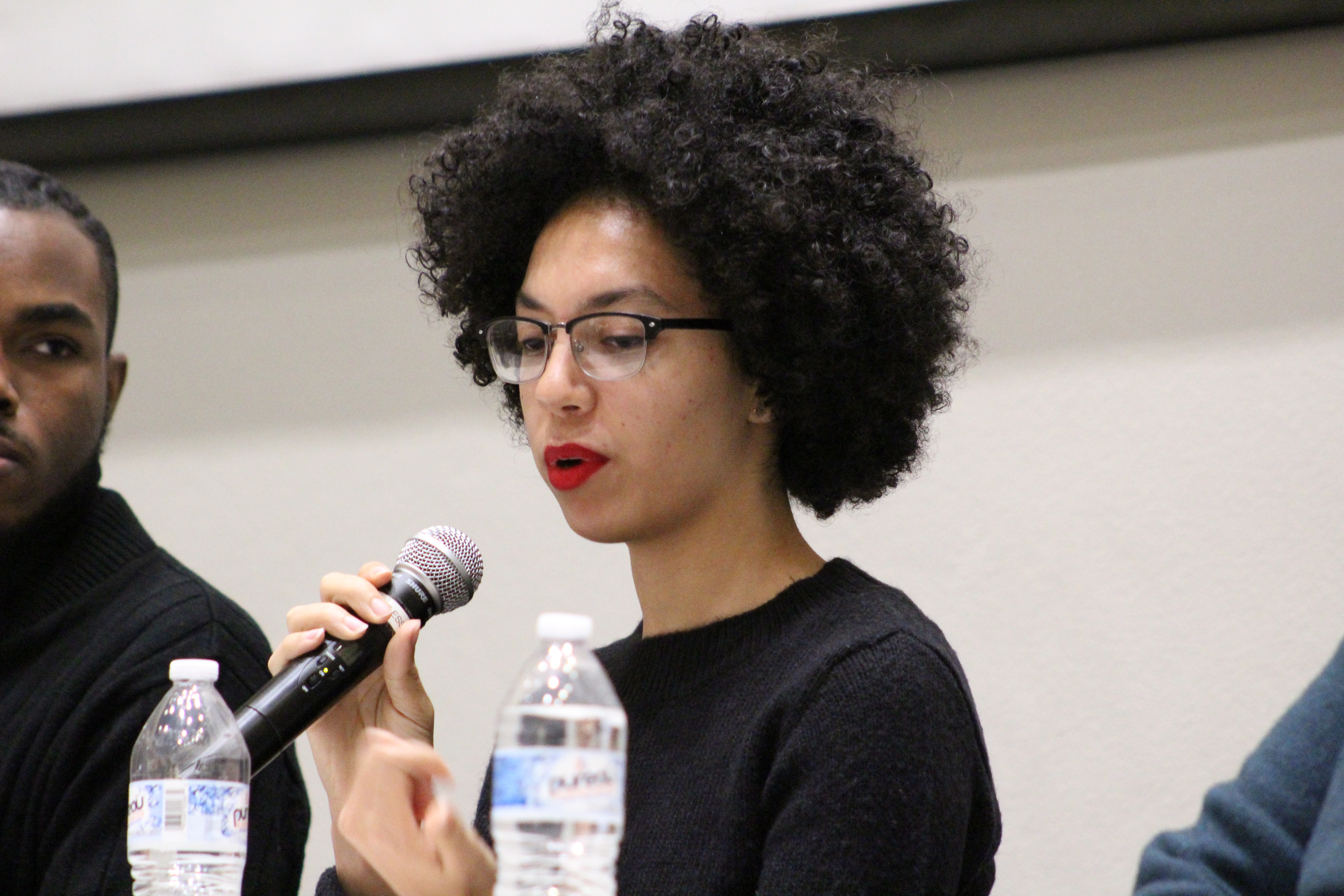Much to the surprise of some NU students, especially underclassmen, Provost Jonathan Holloway spent his Friday afternoon in Harris Hall at an event that discussed how student activists can get the higher-ups in universities to listen.
“I walked in late and I was surprised, too, when [the provost] was giving the address," said Medill Freshman Arudi Masinjila. "I was like oh, wow, okay.”
This event was hosted by the Center for African American History, the Department of African American Studies and Campus Inclusion and Community as part of a longer year of commemorating the 50th anniversary of the Bursar’s Office Sit-In by Black students in 1968, which helped lead to the development of the African American Studies program at Northwestern.
The afternoon opened with words from Provost Jonathan Holloway, who spoke about "The Price of Recognition: Race and the Making of the Modern University" - an address that is part of a larger book project he is working on. He drew parallels between the anger of the Civil Rights era and the passion that still exists today, such as in Jonathan Butler’s hunger strike at Mizzou in 2015. In the wake of riots in Ferguson, Butler, a graduate student, began a week long hunger strike with the demand that the President of University of Missouri resign.
After remarks from Holloway, former students from Mizzou, Michigan, Northwestern, Columbia and Yale formed a panel to discuss their experiences in activism and provide advice to student activists in attendance.
Much of the discussion revolved around the experience of attending prestigious, predominantly white institutions (PWIs). One panelist, Eshe Sherley from Yale, recounted a story about how when some Black students tried to attend a fraternity party at Yale, they were told it was “white girls only.”
“Something I really took away from this event [that there's] a greater need for is really intersectionality in terms of broaching issues as being compounded and intertwined," said Weinberg sophomore Sayeed Sanchez, who attended the event. "Learning that there’s, again, such a different lived experience for Black students and PWIs – it’s not a monolith.”
Panelists also discussed the ways they compelled universities to listen through sit-ins, teach-ins, marches and especially boycotts (at Mizzou).
“Nothing really moved at Mizzou until money was involved,” said Payton Head.
When hunger strikes and other protests broke out at Mizzou, Yale and other schools across the country in the wake of police brutality events in 2015, Northwestern students staged their own protest. Students from For Members Only (FMO), Northwestern's “premier Black Student Alliance” planned the event and, along with various other student groups, marched through campus chanting, “From NU to Mizzou, we care about you!”
“I think in recent years, [Northwestern] has been forced to listen to Black students.” said Masinjila. “I’m a freshman, but I know the protest in 2015, and from then I’ve seen and heard that the university is much more open to talking to FMO and being involved in finding out the concerns of Black students and how they can make the university more inclusive.”
